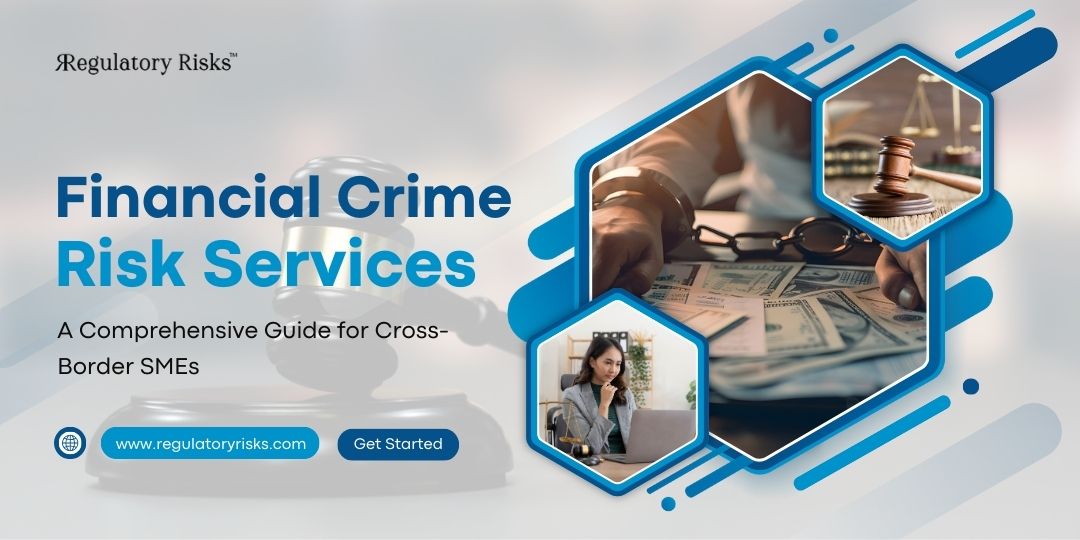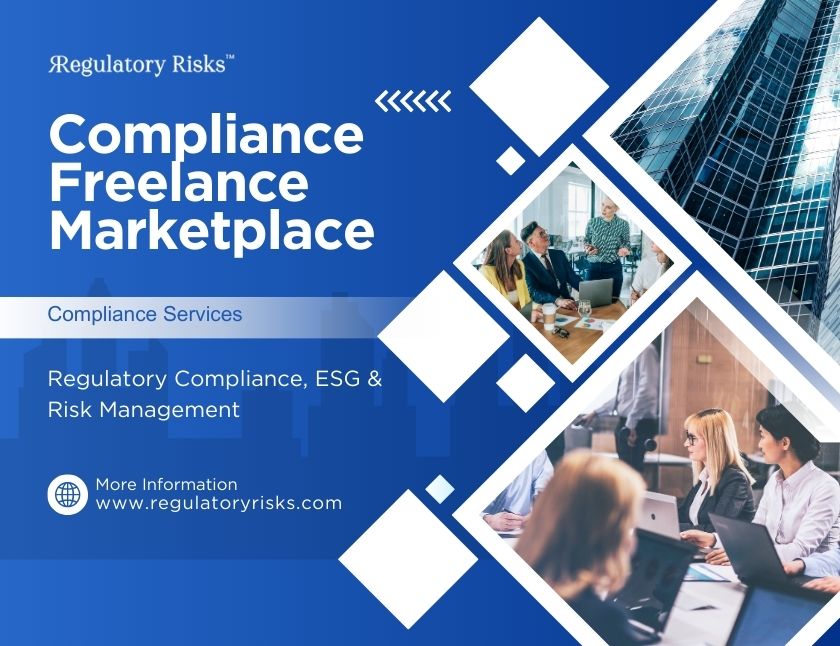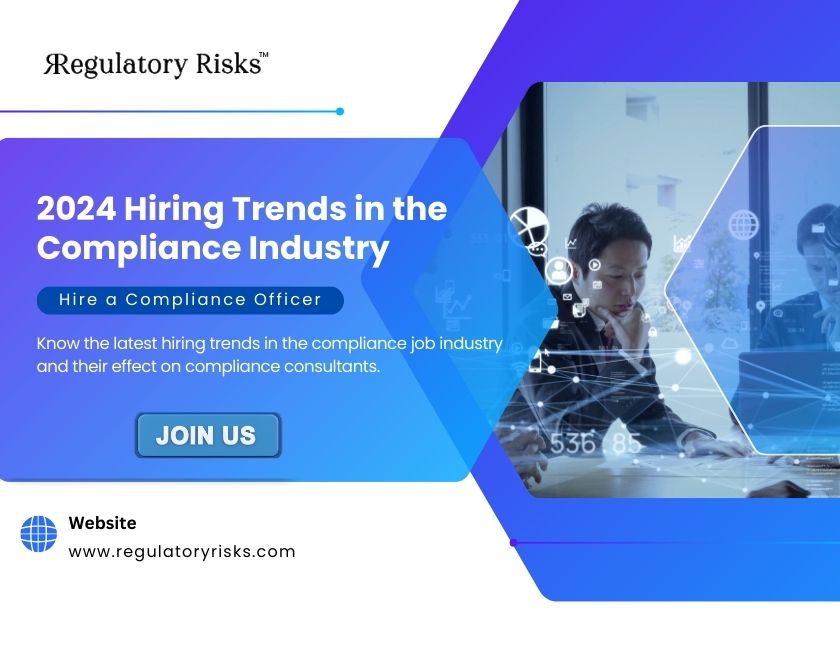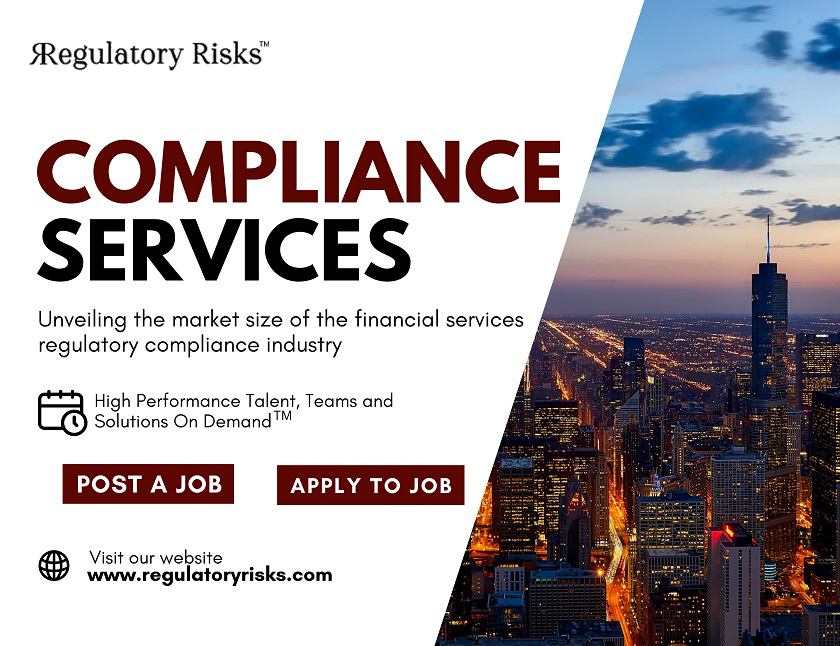In 2024, the landscape of cross-border Small to Medium Enterprises (SMEs) operating in the financial services, crypto and digital asset businesses, casinos, gaming, and technology platforms sectors has grown increasingly intricate. With regulatory scrutiny intensifying and financial crime risk services evolving in complexity, businesses face unprecedented challenges in maintaining robust compliance frameworks. This article delves into the critical issues, trends, and strategies that global SMEs and senior executives must grasp to navigate the dynamic landscape of financial crime compliance effectively.
The Crucial Role of Financial Crime Risk Services in 2024
Financial crime compliance has surged to the forefront of global business priorities. As markets globalize and digital assets proliferate, financial crime risks have escalated, necessitating comprehensive financial crime risk services. Governments and regulatory bodies worldwide have heightened their focus on financial crime, exerting significant pressure on businesses to strengthen their compliance frameworks.
In 2024, the stakes for maintaining financial services compliance have never been higher. Financial institutions, crypto exchanges, casinos, and technology platforms are under relentless regulatory scrutiny. Non-compliance can result in severe penalties, reputational damage, and operational disruptions. Consequently, financial crime risk services have become indispensable for SMEs operating across borders, offering a critical lifeline in an increasingly unforgiving regulatory environment.
The Rising Complexities and Challenges in Financial Crime Risk Services
The complexity of financial crime compliance has expanded exponentially. With regulatory frameworks in constant flux and the global nature of business operations, companies must navigate a labyrinth of international regulations. For SMEs, this challenge is particularly daunting as they often lack the resources of larger corporations. Here, the expertise of financial crime compliance consultants can provide a vital edge in deploying effective financial crime risk services.
In the financial services sector, particularly within asset management, the pressure to comply with Anti-Money Laundering (AML) and Counter-Terrorism Financing (CTF) regulations is mounting. Crypto businesses are grappling with stringent regulatory crackdowns, while casinos and gaming operators face heightened Know-Your-Customer (KYC) and due diligence demands. Meanwhile, technology platforms are under increasing scrutiny for facilitating financial crime through their services. In this context, robust financial crime risk assessment processes are essential to protect businesses from regulatory pitfalls.
Navigating Crypto Regulatory Crackdowns with Financial Crime Risk Services
The crypto industry has faced significant regulatory crackdowns in 2024, with governments and regulators adopting a harder stance on digital assets. This shift, driven by concerns over the anonymity of transactions and the potential for digital currencies to facilitate illicit activities, has led to a surge in enforcement actions targeting exchanges, wallet providers, and other crypto-related businesses.
Recent actions by the U.S. Securities and Exchange Commission (SEC) and the European Union have sent shockwaves through the crypto industry. These developments have increased scrutiny on Initial Coin Offerings (ICOs), decentralized finance (DeFi) platforms, and stablecoins. For crypto businesses, the challenge lies in ensuring compliance with current regulations while anticipating future changes. Implementing comprehensive financial crime risk services is paramount in navigating this turbulent landscape.
Compliance Strategies for Crypto Businesses: The Role of Financial Crime Risk Services
To thrive in this challenging environment, crypto businesses must prioritize robust financial crime risk services. Key strategies include:
- Enhanced Customer Verification: Strengthening KYC processes to ensure accurate customer identification and risk profiling.
- Transaction Monitoring: Leveraging advanced analytics and AI to detect suspicious activities in real-time.
- Regulatory Reporting: Ensuring timely and accurate reporting of suspicious transactions to relevant authorities.
- Cross-Jurisdictional Compliance: Understanding and adhering to regulatory requirements in all jurisdictions where the business operates.
By adopting these strategies, crypto businesses can mitigate risks and demonstrate their commitment to regulatory compliance, safeguarding their operations and reputation in an increasingly stringent regulatory landscape.
The Transformative Power of AI and Machine Learning in Financial Crime Risk Services
Artificial Intelligence (AI) and Machine Learning (ML) are revolutionizing financial crime compliance, offering powerful tools to detect and prevent financial crime. These technologies enable businesses to stay ahead of increasingly sophisticated threats, making them integral to modern financial crime risk services.
AI's Role in Financial Crime Risk Assessment
AI and ML algorithms can analyze vast datasets, identifying patterns and anomalies that human analysts might overlook. In financial crime risk assessment, AI enhances the accuracy and efficiency of detecting money laundering, fraud, and other illicit activities. AI-powered transaction monitoring systems, for instance, can flag suspicious activities in real-time, allowing for swift intervention and improving the overall effectiveness of financial crime risk services.
ESG and Financial Crime Risk Services: A Converging Path
Environmental, Social, and Governance (ESG) factors are becoming increasingly intertwined with financial crime compliance. Regulatory bodies are beginning to integrate ESG considerations into their compliance frameworks, recognizing that issues such as environmental crimes, human rights violations, and governance failures can have significant financial crime implications.
Integrating ESG into Financial Crime Risk Assessment
For businesses, integrating ESG into compliance frameworks means broadening the scope of financial crime risk assessment. This includes evaluating the environmental and social impact of business operations and ensuring robust governance structures. Poor governance practices, for instance, can increase susceptibility to financial crime, while environmental crimes such as illegal logging or pollution can have far-reaching financial crime consequences.
Enhanced Due Diligence in Financial Crime Risk Services: A Strategic Imperative
In today’s globalized business environment, enhanced due diligence (EDD) is more critical than ever. EDD involves a deeper level of scrutiny than standard due diligence, particularly for high-risk clients, transactions, and jurisdictions.
The Necessity of EDD in Financial Crime Risk Services
EDD is crucial for identifying and mitigating financial crime risks in cross-border transactions. It helps businesses gain a comprehensive understanding of their clients' and partners' risk profiles, including their source of funds, beneficial ownership, and potential links to illicit activities. For SMEs operating in multiple jurisdictions, EDD is essential to navigate complex regulatory environments and avoid potential pitfalls.
The Impact of Remote Work on Financial Crime Risk Services
The rise of remote work has transformed the compliance landscape, introducing new risks and challenges for businesses.
How Remote Work Has Shifted Compliance Priorities
Remote work complicates the ability of businesses to monitor employees and enforce compliance policies. The lack of physical oversight increases the risk of data breaches, insider threats, and other compliance violations. Additionally, remote work can hinder due diligence processes, making it more challenging to verify the identity and credentials of remote employees and contractors. This underscores the need for adaptable financial crime risk services that address these emerging challenges.
Sanctions Compliance in 2024: A Critical Component of Financial Crime Risk Services
Sanctions compliance has grown increasingly complex in 2024, driven by geopolitical developments and shifting alliances.
Recent Geopolitical Shifts and Their Impact on Financial Crime Risk Services
The conflict in Ukraine and tensions in the Asia-Pacific region have led to a surge in sanctions activity. Governments are using sanctions as a tool to exert pressure on adversaries, resulting in a constantly evolving sanctions landscape. For businesses, particularly those operating across borders, staying informed and agile in their compliance efforts through comprehensive financial crime risk services is crucial.
RegTech Innovations: Revolutionizing Financial Crime Risk Services
Regulatory technology (RegTech) continues to offer cutting-edge solutions for financial crime compliance, transforming the way businesses approach financial crime risk services.
Spotlight on Cutting-Edge RegTech Solutions
Innovations in RegTech are driving significant advancements in financial crime risk services. AI-powered transaction monitoring systems, blockchain-based KYC platforms, and other RegTech solutions provide powerful tools for detecting and preventing financial crime. For example, machine learning algorithms can analyze vast amounts of data in real-time, identifying suspicious activities with greater accuracy than traditional methods.
Conclusion: The Future of Financial Crime Risk Services
As 2024 unfolds, the importance of financial crime risk services for cross-border SMEs cannot be overstated. From crypto regulatory crackdowns to the integration of ESG factors and the rise of AI in compliance, businesses face an increasingly complex and challenging landscape. By staying informed, adopting innovative solutions, and prioritizing financial crime risk services, SMEs can not only meet regulatory expectations but also thrive in a rapidly changing global market.
In this environment, freelance marketplaces like Regulatory Risks are invaluable. By providing access to expert financial crime compliance consultants and cutting-edge RegTech solutions, these platforms offer critical support to businesses navigating the complexities of financial crime compliance. Staying proactive, leveraging technology, and embracing best practices will be key to success in this dynamic and demanding landscape.




